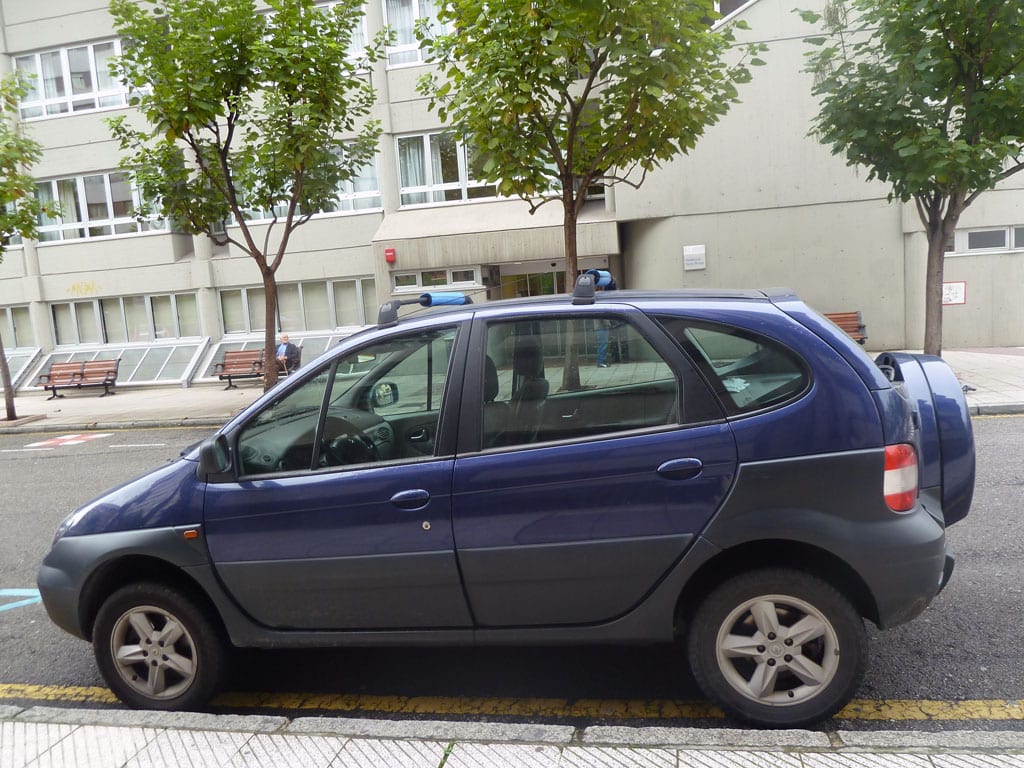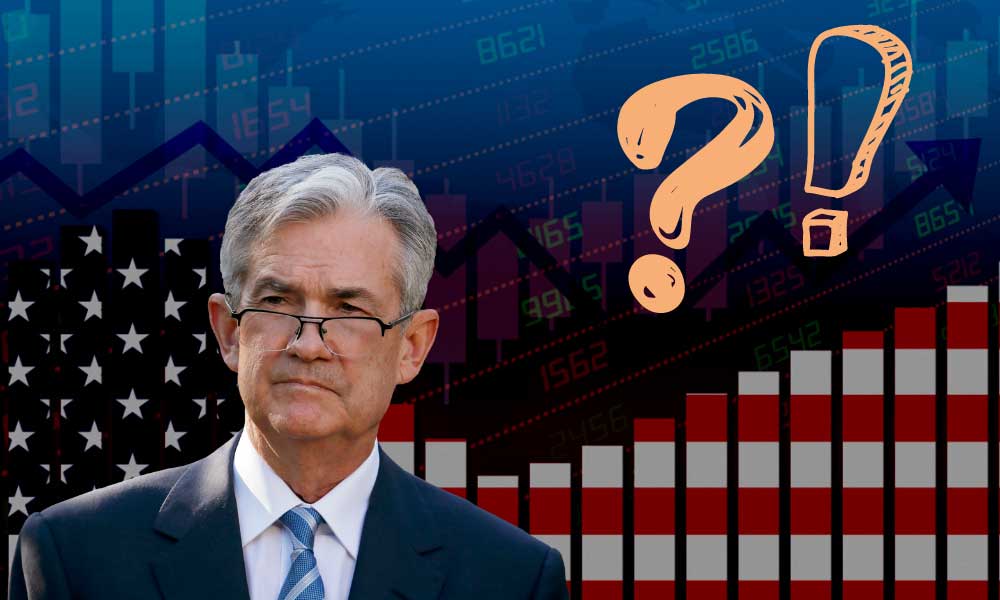Economic Crisis Hits European Car Sales

Table of Contents
Impact of Inflation and Rising Interest Rates on Car Purchases
Increased inflation and rising interest rates are significantly impacting consumer purchasing power and affordability, directly affecting European car sales. Inflation erodes the value of money, making even essential purchases like cars feel more expensive. Simultaneously, higher interest rates increase the cost of borrowing, making car loans significantly more expensive. This double whammy creates a perfect storm for reduced car sales.
- Increased cost of living impacting disposable income: Soaring energy prices, food costs, and general inflation leave consumers with less disposable income, leaving car purchases lower on the priority list.
- Higher monthly payments on car loans deterring purchases: The increased interest rates translate to higher monthly payments on car loans, making car ownership a less attractive proposition for many potential buyers.
- Reduced consumer confidence leading to delayed purchase decisions: Uncertainty about the future economic outlook is leading to a decline in consumer confidence, causing many to delay major purchases like new cars.
Data from Eurostat shows that inflation in several key European economies has risen to double-digit figures, while interest rates have increased significantly in response. This directly translates to a substantial decrease in the affordability of new cars.
Energy Crisis and its Influence on Car Demand
The ongoing energy crisis is another significant factor impacting European car sales. Soaring energy prices directly increase the cost of manufacturing and transporting vehicles, driving up prices for consumers. Furthermore, it is influencing a shift in consumer preferences towards more fuel-efficient vehicles, particularly electric vehicles (EVs). However, this shift presents challenges due to limitations in supply and charging infrastructure.
- Increased production costs impacting vehicle prices: Higher energy costs during manufacturing increase the final price of vehicles, reducing affordability for many.
- Growing demand for electric vehicles but limitations in supply and infrastructure: While demand for EVs is growing, the supply chain bottlenecks and insufficient charging infrastructure hinder faster adoption.
- Uncertainty surrounding future energy costs affecting purchasing decisions: Consumers are hesitant to commit to significant purchases like cars due to the volatility and uncertainty in energy costs.
The International Energy Agency (IEA) reports a significant increase in energy prices across Europe in recent months, highlighting the considerable impact on the automotive industry. The EV market, while growing, is still hampered by production limitations and infrastructure gaps.
Supply Chain Disruptions and Semiconductor Shortages
The lingering effects of supply chain disruptions and the persistent shortage of semiconductors are continuing to impact car production and availability. These challenges exacerbate existing issues, resulting in fewer vehicles on the market and pushing prices higher.
- Delays in vehicle deliveries: Supply chain bottlenecks lead to significant delays in the delivery of new vehicles, frustrating customers and further reducing sales.
- Limited vehicle availability leading to increased prices: Lower production volumes due to disruptions and shortages drive up prices due to increased demand.
- Impact on the production capacity of major European car manufacturers: Major automotive players are significantly affected by these shortages, impacting production targets and market share.
Reports indicate that semiconductor shortages are still impacting the automotive industry, with production estimates being consistently revised downwards. The knock-on effect of this shortage is felt throughout the supply chain, impacting various aspects of vehicle production.
Government Policies and Their Role in Shaping the Market
Government policies, particularly environmental regulations and incentives for electric vehicles, play a crucial role in shaping the European car market. While initiatives promoting EVs aim to stimulate sales, stringent emission regulations can also increase production costs. Moreover, government interventions, such as tax breaks or subsidies, could potentially stimulate the market.
- Impact of environmental regulations on vehicle production and sales: Stringent emission standards influence vehicle design and production, potentially adding to the cost and impacting sales.
- Government incentives for electric vehicle purchases: Subsidies and tax breaks for EVs can boost sales in this segment, albeit not always offsetting overall market decline.
- Potential government interventions like tax breaks or subsidies to boost sales: Further government intervention could be crucial to stimulating demand and supporting the industry through this challenging period.
The European Union's ambitious climate targets and related regulations are shaping the landscape for the automotive industry, necessitating significant investments and adaptation. Government policies will play a significant role in navigating the current economic challenges and ensuring the sector's long-term viability.
Conclusion: Navigating the Economic Storm: The Future of European Car Sales
In conclusion, the decline in European car sales is a complex issue stemming from the confluence of factors. Inflation, rising interest rates, the energy crisis, persistent supply chain disruptions, and semiconductor shortages all contribute significantly to the downturn. Government policies, while aiming to stimulate certain sectors, also present unique challenges. Understanding the economic crisis and its effect on European car sales is crucial for navigating the short-term and long-term effects on the industry. The future of the European car market depends on addressing these challenges effectively. Stay updated on the latest developments affecting European car sales due to the ongoing economic crisis by subscribing to our newsletter and following us on social media!

Featured Posts
-
 Beklentileri Geride Birakan Abd Tueketici Kredileri Raporu
May 28, 2025
Beklentileri Geride Birakan Abd Tueketici Kredileri Raporu
May 28, 2025 -
 Rayan Cherki News From A German Source
May 28, 2025
Rayan Cherki News From A German Source
May 28, 2025 -
 Taylor Swift And Beyonce Secure Multiple 2025 Ama Nominations
May 28, 2025
Taylor Swift And Beyonce Secure Multiple 2025 Ama Nominations
May 28, 2025 -
 Ajaxs Title Push Feyenoord And Psvs Heated Chase
May 28, 2025
Ajaxs Title Push Feyenoord And Psvs Heated Chase
May 28, 2025 -
 Jennifer Lopez American Music Awards Host In Las Vegas
May 28, 2025
Jennifer Lopez American Music Awards Host In Las Vegas
May 28, 2025
Latest Posts
-
 Thlyl Atfaqyat Almyah Aljdydt Byn Alardn Wswrya
May 29, 2025
Thlyl Atfaqyat Almyah Aljdydt Byn Alardn Wswrya
May 29, 2025 -
 Malcolm In The Middle Revival Everything We Know So Far
May 29, 2025
Malcolm In The Middle Revival Everything We Know So Far
May 29, 2025 -
 Jordan Hosts Final Round Of 24th Chinese Bridge Competition
May 29, 2025
Jordan Hosts Final Round Of 24th Chinese Bridge Competition
May 29, 2025 -
 Malcolm In The Middle Revival Is A Reboot Happening
May 29, 2025
Malcolm In The Middle Revival Is A Reboot Happening
May 29, 2025 -
 Mstqbl Alteawn Almayy Alardny Alswry Drast Mtfaylt
May 29, 2025
Mstqbl Alteawn Almayy Alardny Alswry Drast Mtfaylt
May 29, 2025
